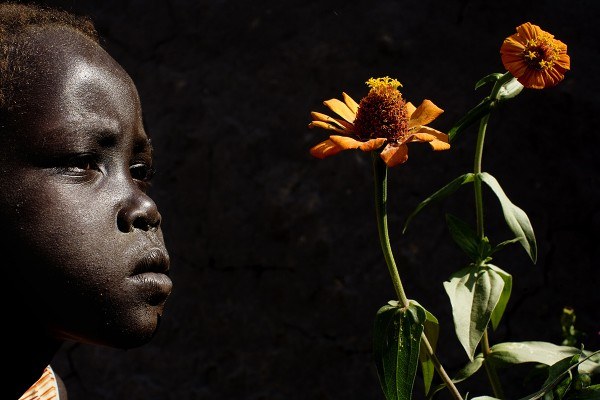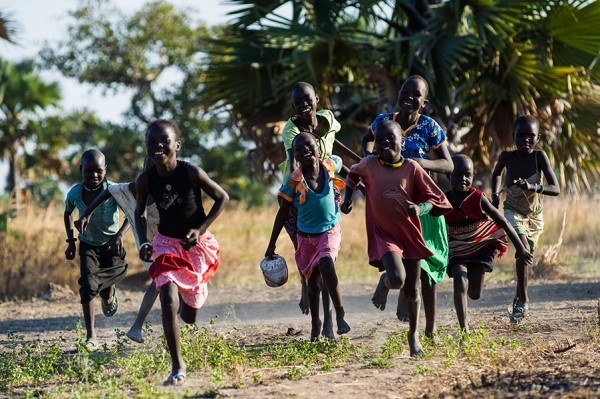Meeting for Peace
Abednego attends talks between warring communities
The meeting is held in the middle of a field. Security is out in force on both sides; however, all men must trade their AK47s for identifying armbands before entering the meeting space. Despite their desire for peace, these are sworn enemies who have killed each other’s friends and family. Nobody is certain that the truce will last for the duration of the meeting. The air is crackling with tension.
It’s a diverse group – elders, youth, neutral representatives from surrounding regions. Staring out at the stony expressions of those who only yesterday wanted him dead, Abednego begins to outline how peace can be achieved through conflict resolution.
Many of the elders are unimpressed – their memories are long and the losses on both sides have been heavy. They demand justice. Restitution. Vengeance. Before Abednego can reply, a woman from one community stands and addresses the crowd:
“Applying justice to the extent of hanging the wrong doers will not bring back the dead,” she states firmly. “Why don’t we concentrate on accepting everything bad that each of us has done to one another as a collective responsibility, and then we can move forward.”
The crowd murmurs their agreement, but Abednego can tell they aren’t yet sold on the idea. A woman from the opposing community then stands to reply:
“We are all here to seek a lasting solution to this conflict. It is better to labour for peace instead of war.”
More nodding, more agreement. The meeting is back on track. Hours later, the two groups have accepted responsibility, agreeing that nobody is immune from blame or exempt from forgiveness.
Abednego can scarcely believe it. Today they have made history. They will be a model for other quarrelling communities in South Sudan. These new, visionary leaders – who can see beyond the settling of scores – will lead South Sudan to peace.

Before the meeting ends, both communities agree to re-open a school and teach their children together. They’ve applied to the Obakki Foundation for a water well to be drilled; one that will service the school but also serve as a constant reminder of this significant meeting. It will bring clean water and peace in equal measure. These kids, and hopefully their kids, will know a different way. A better way. A peaceful way.

Children haven’t attended school for two years due to this cycle of violence.